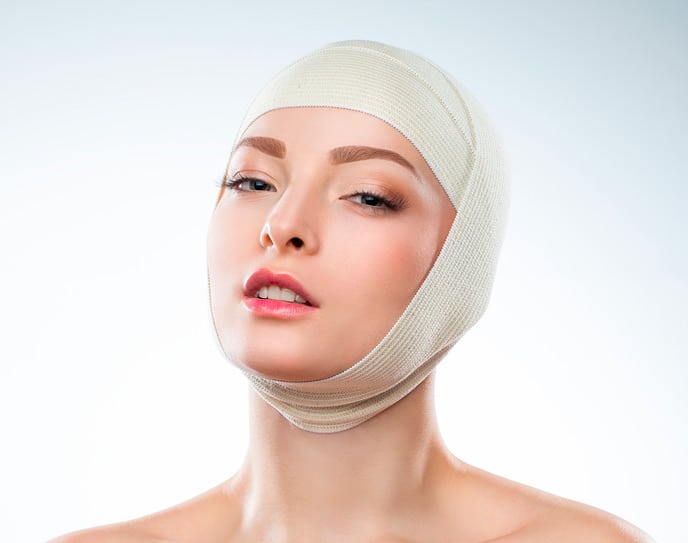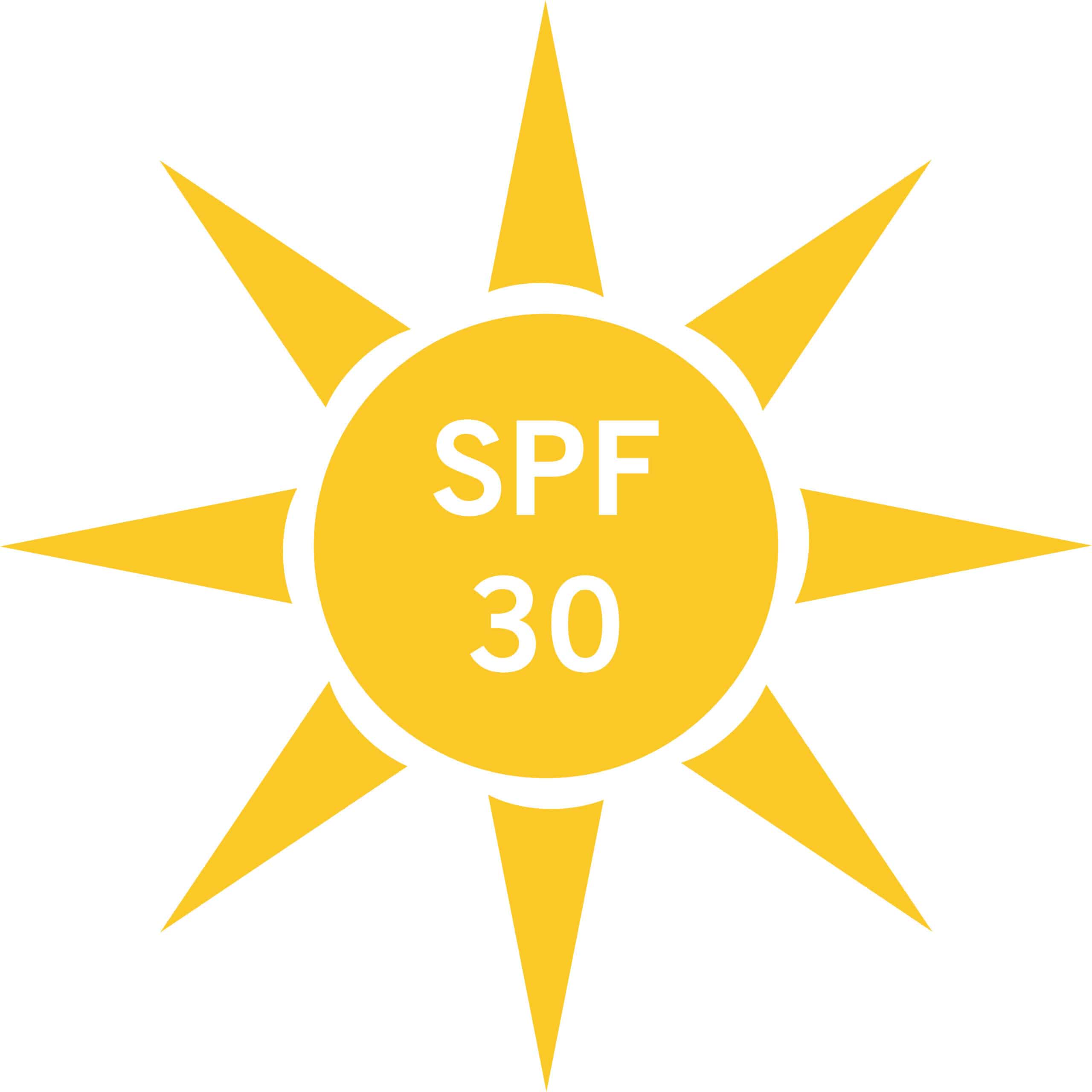Instructions for Recovering from Otoplasty
NIGHT OF Otoplasty SURGERY

- Movement is Important. Make sure to get out of bed and up and walking around immediately after your surgery. When lying down in bed or on the couch, make sure you are moving your legs and ankles. Take deep breaths frequently to keep your lungs clear.
- Sleep. Sleep on your back with your head elevated about 30-40 degrees (2-3 pillows). Do not sleep on your side. Keeping your body more upright will minimize swelling. Continue this for one to two weeks.
- Dressing. After surgery, you will be placed in a bulky head dressing that will be under some pressure. Keep this dressing dry. At your post-op day one appointment, it will be removed.
MEDICATIONS after Otoplasty
- Pain. You will be prescribed a pain medication for post-operative pain control. If your discomfort after surgery is not strong you are welcomed to take Tylenol in place of the prescribed medication. Do not take the Tylenol with the pain medication, as most often the medication you are prescribed will have Tylenol in it. Do not exceed 4,000 mg of Tylenol in any 24-hour time period. Take medication with food to minimize risk of nausea.
- Nausea. If you are experiencing nausea, which is common after general anesthesia as well as a known side effect of some stronger pain medications, we advise that you take your nausea medication.
- Constipation. You will experience constipation if taking narcotic pain relievers. Miralax or other over the counter laxatives are recommended. Do not wait to take until you are constipated. Begin treatment with narcotic use.
- Medications to Avoid. Take only those medications approved or prescribed by your surgeon. Avoid medications containing aspirin or ibuprofen (Advil, Motrin, Naproxen, etc) for two weeks before and after surgery. These medications may increase bleeding.
- Substances to Avoid. Avoid alcohol, nicotine, and caffeine, for these will dramatically slow the healing process.

NUTRITION after Otoplasty
- Diet. A light low-fat diet is best after surgery. You may start a regular diet after your surgery as long as you are not feeling nauseated or vomiting. Avoid eating foods that are difficult to chew while you are healing after surgery.
- Hydration. Stay hydrated by drinking 8 -10 glasses of water a day. Avoid alcohol for 48 hours and while you are still having to take pain medications.
ACTIVITY after Otoplasty
- Physical Activity. Normal daily activity may be resumed a few days after surgery. Avoid bending, lifting, or straining for one to two weeks. Be extremely careful if wearing any “pull-over the head” clothing.
- Exercise. Light physical activity may be resumed 2-3 weeks after surgery. Remember to start easy and build back up to your previous exercise levels. At 6- 8 weeks or when further instructed by our specialist, more intense exercise can be started. Just know that swelling may transiently be worse with exercise.
- Glasses. Be careful when wearing reading glasses or sunglasses for the first two weeks. You do not want them to put too much pressure on the ears or rub against the incision line.
- Compression Headband. Expect to wear a compression headband the entire first week, only removing it to clean the incisions. Patients will wear it for a few weeks after or as further instructed by your surgeon. The head garment should fit snug but not so tight that you develop wounds or blisters from the compression. Wear your garment at all times except for when you are showering or to wash it. This will help with minimizing swelling.
- Driving. Do NOT operate a vehicle or make important decisions until you have been off pain medications for 24 hours. Use good judgment.
- Return to work. Most patients require approximately 5-7days off work depending on their job responsibilities.

BATHING after Otoplasty
- Showering. After the dressing is removed, you may shower and wash your hair as usual. Remember to be gentle while incisions heal.
- Hot Tubs/Baths/Swimming Pools. No tub baths or Jacuzzi until your incisions have healed, and approved by your surgeon, which is usually around 2 weeks. It is best to wait one month for hot tubs, as they tend to have more bacteria than regular chlorinated swimming pools.
HOW TO TAKE CARE OF YOUR INCISIONS

- Incisions. Gently cleanse the incision line with Q-tips dipped in hydrogen peroxide and apply antibiotic ointment three times daily.
- Stitches. Do not pick at the stitches. Your surgeon will remove all necessary stitches at your post-operative appointment. All the rest will dissolve on their own.
- Sun Exposure. Avoid and minimize sun exposure. Use an SPF of 30 or greater when outdoors. Even a mild sunburn can worsen swelling, irritate an incision that is healing, and cause permanent scar discoloration.
WHAT TO EXPECT after Otoplasty
- Drainage. Drainage can occur from the incision sites for the first week. The drainage will be blood-tinged. You may use gauze or a light pad to reinforce post-op dressings if this occurs.
- Bruising. You can expect to have bruising. Most bruises will heal after about 2-3 weeks. The bruise will go from a purplish color to a yellow/green shade as it starts to resolve.
- Swelling. Swelling is to be expected for weeks and sometimes months. The swelling can improve with intermittent rest and use of the headband. Exercise and physical activity can transiently worsen swelling but is encouraged.
- Itching. Itching at the incision sites is normal for a few days. You may take Benadryl to help with this.
- Pain. It is normal to experience tightness, pressure, soreness, itchiness, and fatigue for several days to weeks following surgery as you recover.
- Sensory Changes in Skin. You may feel numbness at the incision lines and surrounding areas. This is normal and should subside after a few weeks.
EMERGENCY SITUATIONS after Otoplasty
- Signs of Infection. Spreading redness, worsening swelling, increased drainage or drainage of pus, worsening pain and warmth at incision site. Temperature over 101 degrees Fahrenheit.
- Excessive Bleeding. If the dressings are saturated with bright red blood and you are having to make very frequent dressing changes.
- Other Emergency Situations. Shortness of breath or difficulty breathing, chest pain, lightheadedness that does not quickly resolve, severe vomiting, pain or asymmetric swelling in your legs.
SHOPPING LIST after Otoplasty
- Prescriptions: Fill prescriptions prior to your surgery date
- Compression Headband: Provided to you by The Naderi Center
- Tylenol (Acetaminophen): Alternative to narcotic pain medication if pain is not severe. Do NOT take NSAIDS.
- Arnica: An herbal supplement that can reduce swelling and bruising. Provided to you by The Naderi Center
- Laxative: To reduce constipation that may be caused by anesthesia or narcotic pain medications.